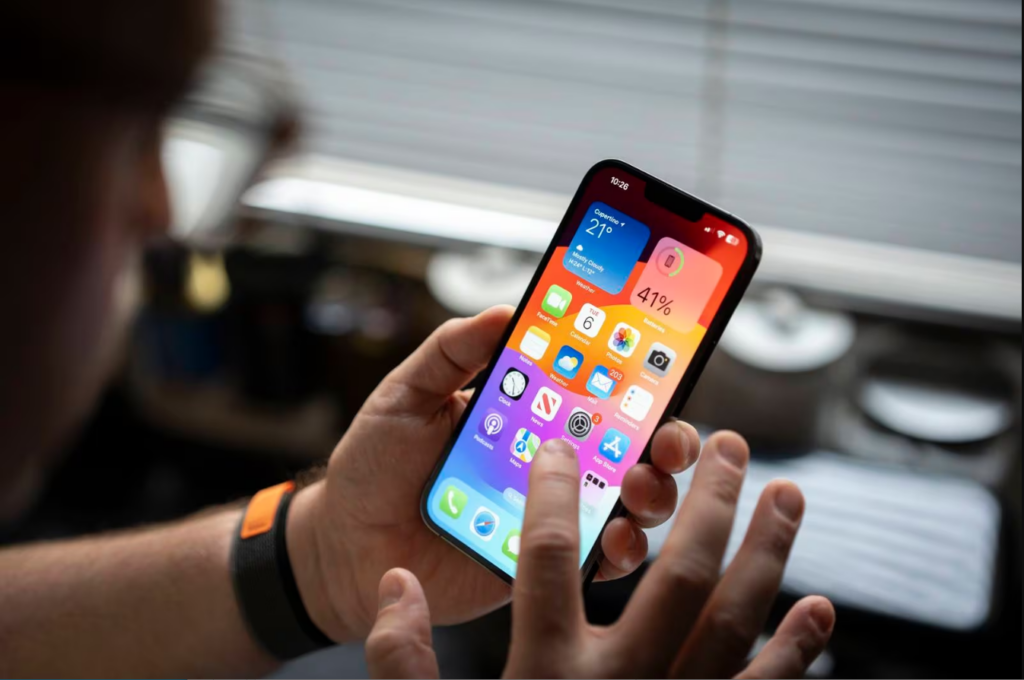The recent cellular outage that struck Americans on Thursday has prompted urgent investigations by federal agencies to determine whether it was the result of a cyberattack. The Federal Bureau of Investigation (FBI) and the Department of Homeland Security (DHS) are currently engaged in efforts to identify the source of the disruption that affected major cellular providers such as AT&T, Verizon, T-Mobile, and others. While specific details have not yet been disclosed by these agencies, a security expert interviewed by DailyMail.com has suggested that the outage bears the hallmarks of a deliberate hack.
Lee McKnight, an associate professor at Syracuse University in New York and an Affiliate of the Institute for National Security and Counterterrorism (INSTC), has expressed concerns that the widespread nature of the outage could indicate a massive Distributed Denial of Service (DDOS) attack targeting core Internet infrastructure. This type of attack, which inundates a website or online service with a flood of unnecessary requests simultaneously, aims to overwhelm servers and disrupt normal operations. McKnight highlighted the growing popularity of DDOS attacks among cybercriminals, citing previous incidents such as the 2016 Mirai botnet attack that targeted prominent websites like Netflix, Twitter, Amazon, and PayPal.
The motivation behind disrupting cellular services could range from causing chaos by impeding emergency 911 calls to more insidious intentions such as espionage. Access to internal servers of mobile carriers could potentially provide hackers with sensitive customer data, including geolocation information, call logs, and text messages.
McKnight also raised the possibility of cloud misconfiguration as a contributing factor to the outage, emphasizing the role of human error in such incidents. Cloud misconfigurations, characterized by gaps or vulnerabilities in security settings, can leave systems vulnerable to exploitation by adversaries. McKnight referenced past incidents where cloud misconfigurations allowed unauthorized access to user data, underscoring the potential risks associated with negligence in managing cloud infrastructure.
Despite speculation surrounding the cause of the outage, including the potential impact of solar flares on communication systems, concrete conclusions remain elusive. The outage, which began around 4 am ET and left many iPhones in SOS mode, has undoubtedly raised significant concerns about the reliability and resilience of our nation’s data infrastructure.
The implications of such disruptions extend beyond inconvenience, potentially compromising public safety and national security. The need for robust cybersecurity measures and proactive risk mitigation strategies has never been more apparent, particularly in an era where reliance on digital connectivity pervades every aspect of modern life.
While efforts are underway to restore cellular services and ascertain the root cause of the outage, stakeholders across government, industry, and academia must collaborate to address systemic vulnerabilities and strengthen our defenses against cyber threats. Failure to do so risks leaving our data infrastructure susceptible to exploitation by malicious actors, with far-reaching consequences for society as a whole.
In conclusion, the recent cellular outage serves as a stark reminder of the fragility of our interconnected digital ecosystem and the pressing need for comprehensive cybersecurity measures. By confronting the challenges posed by cyber threats head-on and investing in resilient infrastructure, we can safeguard the integrity and reliability of our data systems, ensuring the continued prosperity and security of our nation.

